Substance use and career might seem like they don’t belong in the same sentence, but many individuals in recovery have careers they are maintaining or trying to return to. Unfortunately, addiction can have profound effects on a person’s professional life.
Impact of Substance Use on Career
- Impaired Performance and Productivity: Substance use can impair cognitive function, concentration, and decision-making skills, all of which are crucial for maintaining optimal job performance. As a result, individuals struggling with substance abuse may find it challenging to meet work expectations, leading to a decline in productivity and an increased risk of errors.
- Absenteeism and Unreliability: The inconsistency and unpredictability associated with substance use often result in frequent absenteeism and unreliability. This unreliability can strain professional relationships, damage reputation, and jeopardize career advancement opportunities.
- Strained Interpersonal Relationships: Substance use can contribute to strained relationships with colleagues, supervisors, and clients. Erratic behavior, mood swings, and unreliability can create a toxic work environment, affecting teamwork, collaboration, and overall workplace morale.
- Legal and Ethical Issues: Substance abuse may lead to legal complications if it interferes with a person’s ability to fulfill job responsibilities or results in unethical behavior. Legal issues can have severe consequences for one’s professional standing and career trajectory.
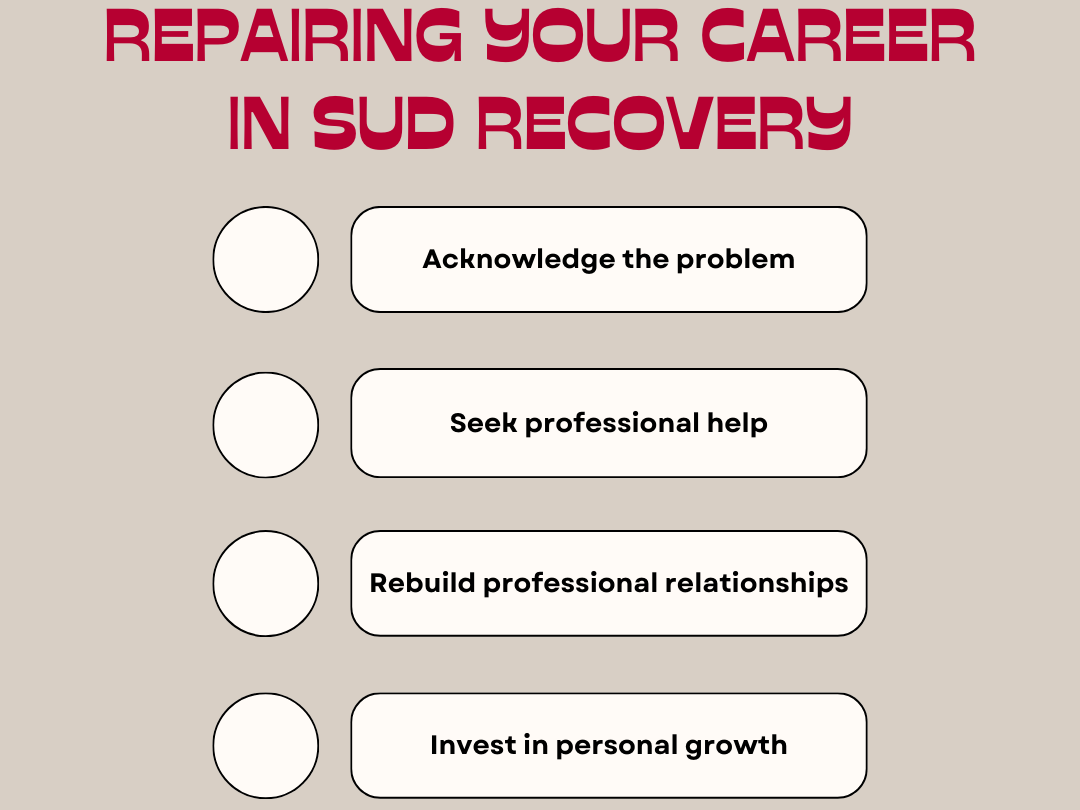
The Turning Point: Embracing Recovery
- Acknowledging the Problem: The first step towards recovery is acknowledging the existence of a substance use problem. This self-awareness allows individuals to confront their issues and take responsibility for the impact on their personal and professional lives. Enrolling in an outpatient SUD treatment program with service offerings that accommodate your work schedule can allow you to focus on your recovery while remaining employed. KCHC offers flexible scheduling for working adults who want to participate in our program!
- Seeking Professional Help: Recovery is a challenging journey that often requires professional guidance. Seeking help from counselors, therapists, or support groups can provide the necessary tools and coping mechanisms to address the underlying causes of substance use and establish a foundation for lasting recovery. At KCHC, trained staff often help clients with pre-vocational and vocational activities through counseling, assistance with resumes, linkage to important resources, and more!
- Rebuilding Professional Relationships: Recovery is not just about abstaining from substances; it also involves rebuilding trust and repairing damaged relationships. Open communication with colleagues and supervisors, demonstrating commitment to change, and consistently delivering on professional responsibilities can contribute to rebuilding a positive professional image.
- Investing in Personal Growth: Recovery offers individuals the opportunity for personal growth and development. Engaging in activities that enhance mental and physical well-being, pursuing new skills or education, and adopting a healthy lifestyle can contribute to a more fulfilling and successful professional life. Consider attending a local job fair, and bring a support person along if you need to!
The impact of substance use on a person’s career is significant, but recovery can be a transformative process that allows individuals to regain control and rebuild their professional lives. Acknowledging the problem, seeking professional help, rebuilding relationships, and investing in personal growth are crucial steps toward a successful recovery and a brighter, more promising professional future. With the right support and commitment to change, individuals can overcome the challenges of substance use and emerge stronger, both personally and professionally.
We are a 501(c)(3) nonprofit. Please consider supporting our mission by:





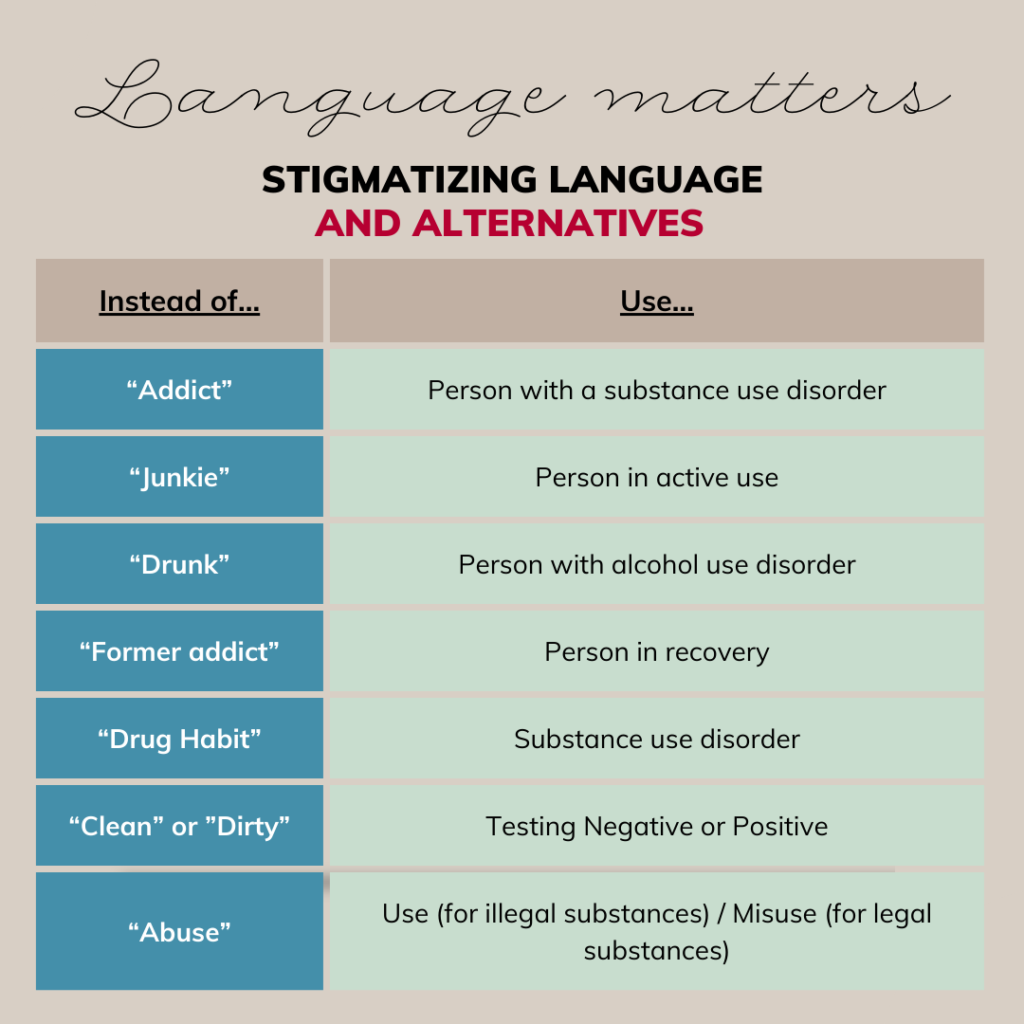



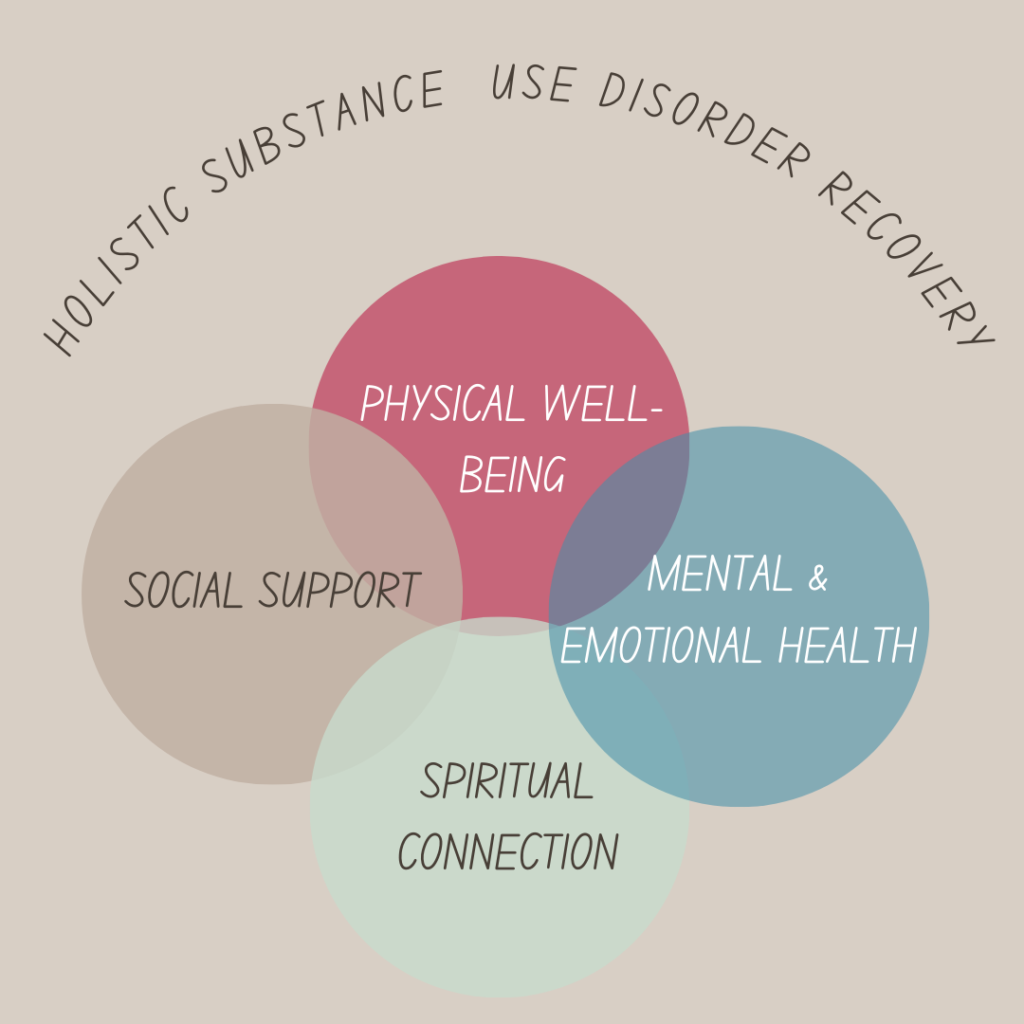

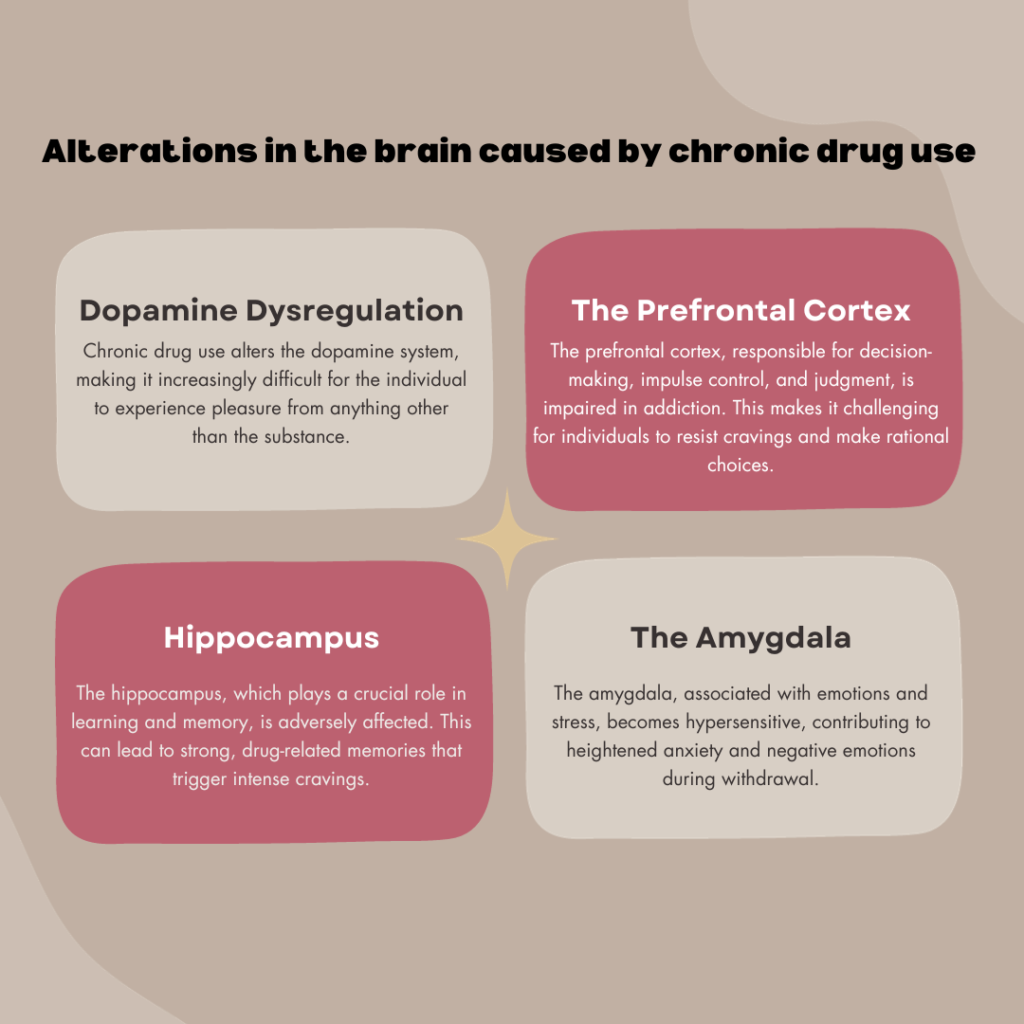
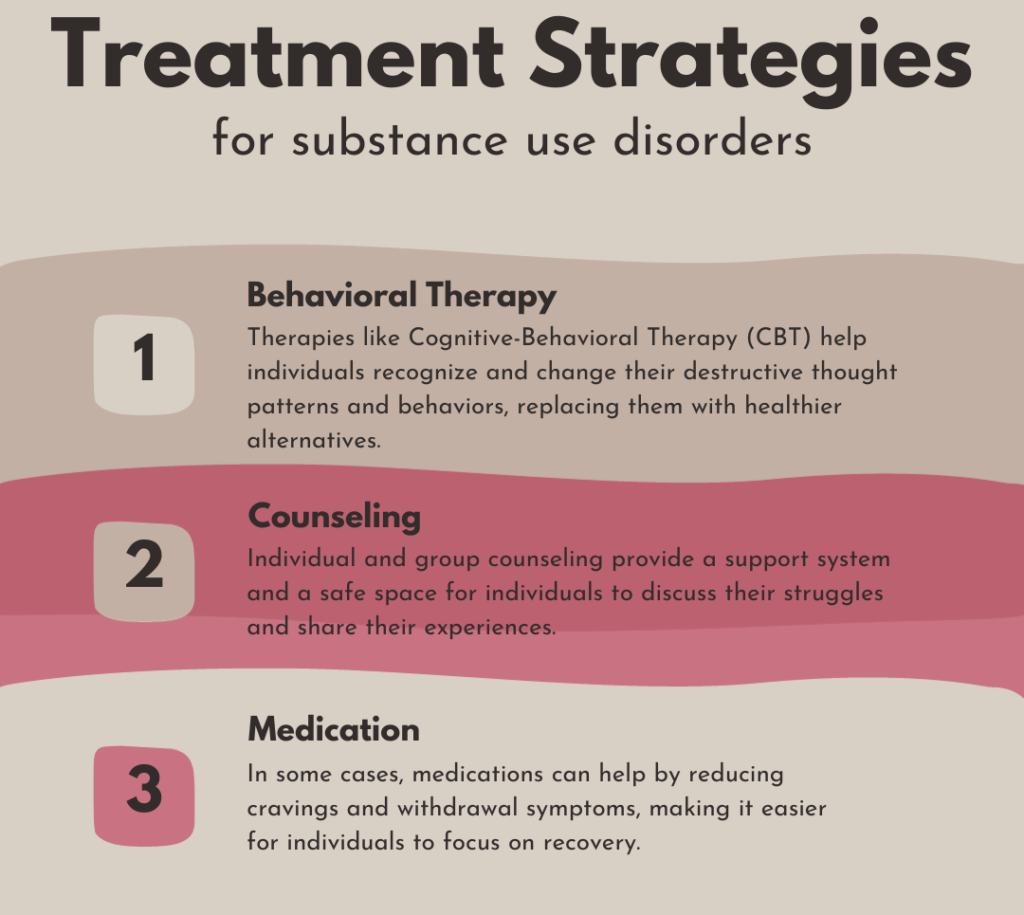

 Recovery from substance use disorders is a profound and transformative journey that requires courage, resilience, and a commitment to change. It’s a path marked by challenges, self-discovery, and healing. In this article, we will delve into the intricate layers of the recovery process, exploring the stages individuals go through as they strive to overcome the grips of addiction.
Recovery from substance use disorders is a profound and transformative journey that requires courage, resilience, and a commitment to change. It’s a path marked by challenges, self-discovery, and healing. In this article, we will delve into the intricate layers of the recovery process, exploring the stages individuals go through as they strive to overcome the grips of addiction.